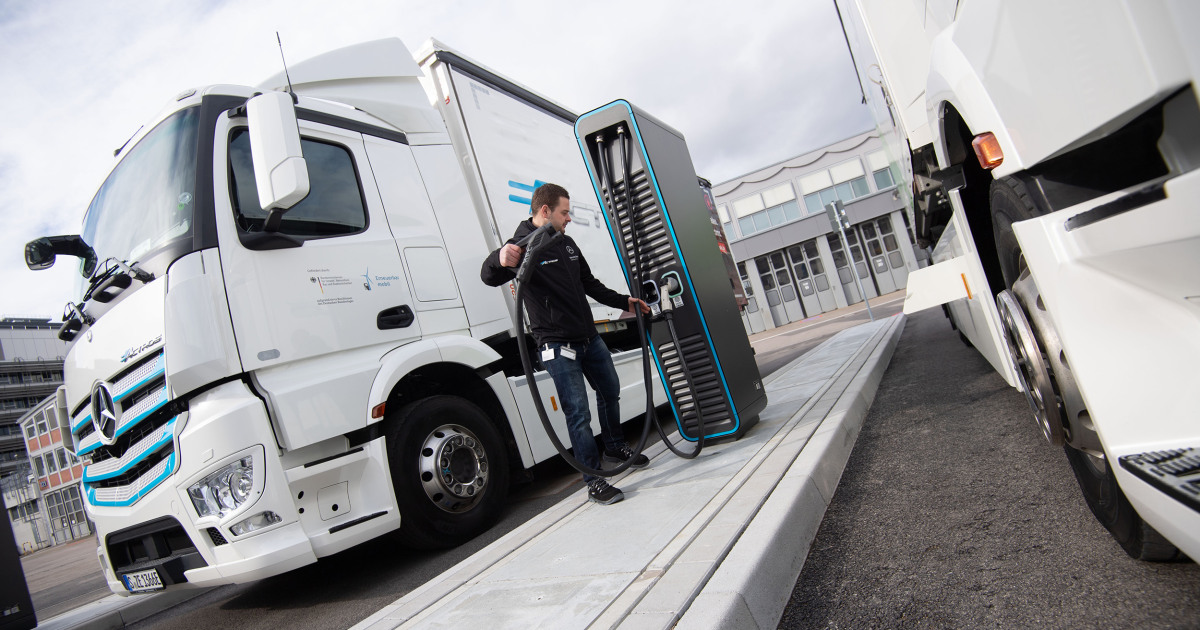The future is clear and fossil fuels aren't part of it. Time to change, and dinosaurs just slow us down.
On the surface your comment makes lots of sense, but unfortunately, simplistic statements rarely solve major problems. The "dinosaur" invective is also less than helpful, IMPO. Calling people names because they raise valid issues, rarely fosters fruitful dialogue. The plan may make perfect sense for relatively densely-populated, more southern states like California, but the issues in getting there are more complex for non-southern or more rural areas.
The goal is laudable, but the issues associated with the goal also need to be solved. Fortunately the article points out that the ultimate objective is not expected to be met in the next four or five years, but is a longer-term goal over the next 25 years or so. That is a much more practical approach than the title implies. Let's please have a polite discussion and drop the "dinosaur" comments. Here is my take, and the comments are not intended to apply solely to California, but cover the issues on a much broader, continental scale.
First, as commented upon by isisdave, if the source of the additional electricity needed to fuel these electric vehicles is from oil-, gas- or coal-fired generating stations, fossil fuels are still involved. That is not a true solution to the fossil fuels issue. It just looks better on the surface. It will take time to build the infrastructure to eliminate fossil fuels, and I'm not just referring to California.
Second, the statement by x3 skier about electric power lines causing some of the horrific fires we have seen lately is a valid commentary and should not just be dismissed. The trees and brush burned in forest fires are a form of organic fuel, not unlike fossil fuel, and they also release CO2 into the atmosphere. Ideally a way can be found to minimize any occurrence from electrical lines.
Third, fully-electric (vs. hybrid) vehicles may make perfect sense in a more southern state like California, but there are still inherent issues for other jurisdictions. In the more northern states of the USA, plus most of Canada, we have sub-freezing temperatures in winter. Extreme cold cuts EV vehicle range significantly. This is not just due to less efficient operation, but also because more of the battery power is needed just to heat the cabin, operate window deicers, et cetera. It can cut the range to the point of impracticality for anything other than short or major-city commutes.
Fourth, remote areas of the continent require a method that will allow long-distance travel with some type of quick recharge or battery swap. If people need to stop for an hour, rather than 5 minutes, to be able to go another 300 miles, they will not buy-in. This is even more important in long-haul trucks, which transport most of the goods and services we use daily, especially in the winter.
None of these problems should be insurmountable, given the longer time frames mentioned in the article. We have already started down that road. But to state that the future is clear and doesn't include fossil fuels is overly simplistic. It makes for a nice "sound bite", but since when has the future ever been that clear? I'm still waiting for the flying or turbine cars that were promised in the sixties!! Not all of us who raise issues are opposed to reducing the dependency on fossil fuels nor acting as "dinosaurs" to try to slow down the process!

 www.nbcnews.com
.
www.nbcnews.com
.
